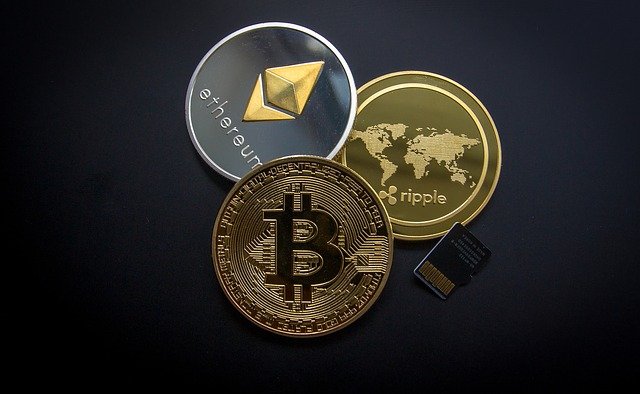
There are many different kinds of cryptocurrency scams that are victimizing people who are new to the crypto world. Con artists prey on those who don’t know the difference between a legit crypto platform and a fake one, who don’t know a Ponzi scheme from a legitimate affiliate program. These scammers fool people into thinking that their well-designed websites give them a semblance of legitimacy, but on closer inspection, these sites won’t pass muster. Here are some giant red flags you should be aware of:
1 – Website Has No SSL Certificate
It’s very important for a website that deals with cryptocurrencies to have an SSL (Secure Sockets Layer) certificate installed. Websites with no SSL only display HTTP before their domain names and websites with SSL show HTTPS. Many scam websites are here today, gone tomorrow types of sites, which means once they’ve scammed a certain number of people, they’ll shut down that site and move on to a fresh domain. It’s quite easy to transfer website files from one domain to another; this is why these scammers can set up shop very quickly.
2 – The Offer Is Too Good To Be True
Whether you’re trying to get the best rates for your dollars or bitcoins, it’s only natural that you’d want the best possible deal. Since cryptocurrencies are decentralized, most crypto exchanges have their own exchange rates. However, these rates don’t vary by much. If you see a website offering rates that are significantly lower or higher than other established exchanges, then it’s a giant red flag. It’s better to do business with a trusted platform with higher fees than to try to get the best deal out of an unknown website that could possibly swindle you out of your entire fortune.
3 – Beware Of Ponzi Scams
Some Ponzi scams are not as obvious especially if they’ve been around for a few weeks or months. This is because their first members would already have received their profits (derived from payments by new recruits) and would be posting glowing reviews on the Internet. At first glance, you might be fooled into thinking it’s a legitimate crypto operation especially if you personally know someone who’s made money from the scheme. Check out those positive reviews, and you’ll see they’re basically saying the same thing. We’d even like to bet they would have their affiliate or referral links somewhere on the review.
These are just a few ways that you can spot crypto-related scams on the Internet. As always, with any business venture, investment, or opportunity, be sure to do your due diligence and never risk more than you can afford to lose.

Hi! I am a robot. I just upvoted you! I found similar content that readers might be interested in:
http://www.lvnvcity.com/2018/01/how-to-spot-cryptocurrency-scam-2018.html
Have you heard of ConcourseQ? We are a due diligence platform that uses community sourced content to provide content on upcoming tokensales. If you would like to get involved with our community, we have a public Discord group which we all work together to research upcoming ICOs that anyone is welcome to join.
Also, I would shy away from all projects which generally do not look legitimate. Always take a look to see if a project has a nicely constructed whitepaper? Is it well compiled? Also look at the coin's/company's history - does it have a history? Have they built a working product, even a beta? Or is there just a list of promises ...
Look into the team ... do they seem legitimate? Use common sense, and do not be afraid to cut ties. Remember bitconnect ... for example. A lot of people were wiped out by this, and it seemed like a legitimiate project at first. Always be cautious, and always be skeptical. There is no easy money in cryptocurrency.
I would much rather invest in a young low-mid cap coin that looks legit for 3-5x gains than some random ICO which promises 100x.